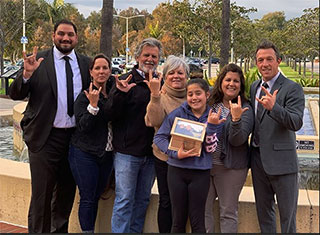California is a comparative negligence state. Comparative negligence laws provide a means to divide fault and assign fault between all the parties involved. Under these laws, a plaintiff can be awarded damages even if their own negligence contributed to the accident. In a lawsuit, a plaintiff’s damages would be reduced based on their share of fault – for example, if you are found to be 25% at fault in a $100,000 settlement, you would receive $75,000. An example of this would be a drunk driving defendant proving negligence on the part of the plaintiff because they had a tail light out. California also follows the pure comparative fault rule, which means that even if the defendant is found to be 99 percent at fault, they can still collect on damages.





